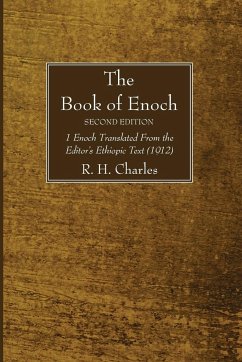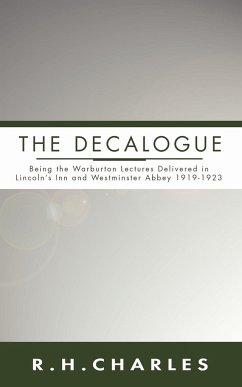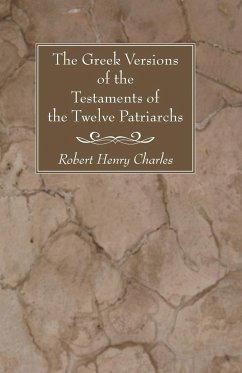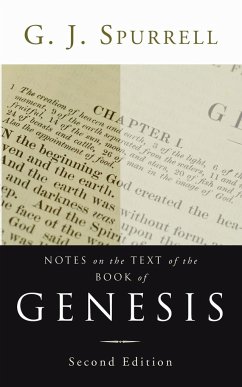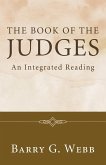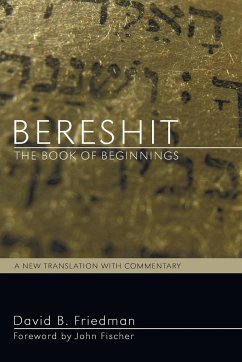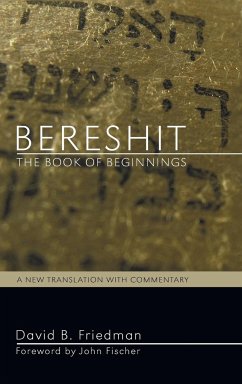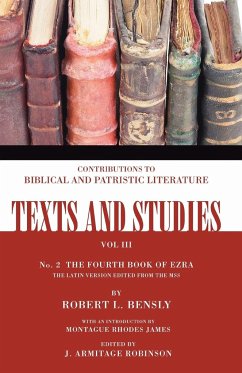This is not so much a second edition as a new book. A brief comparison of the first edition and the present work will make this clear even to the cursory reader. Alike in the translation and in the commentary it forms a vast advance on its predecessor. The translation in the first edition was made from Dillmann's edition of the Ethiopic text, which was based on five MSS. With a view to this translation the present editor emended and revised Dillmann's text in accordance with nine hitherto uncollated Ethiopic MSS. in the British Museum, and the Greek and Latin fragments which had just come to light, but notwithstanding every care he felt his work in this respect to be of a wholly provisional character. From the date of the publication of the first edition in 1893 he steadily made preparation for an edition of the Ethiopic text and of the Greek and Latin fragments. This text, which is exhaustive of existing textual materials in these languages, was published by the University Press in 1906, and from this text the present translation is made. A new and revolutionary feature in the translation is due to the editor's discovery of the poetical structure of a considerable portion of the work. The editor calls it revolutionary for it proves to be in respect of the critical problems of the text. By its means the lost original of the text is not infrequently recovered, phrases and clauses recognized as obvious interpolations, and not a few lines restored to their original context, whose claims to a place in the text were hitherto ignored on the ground of the weakness of their textual attestation. The critical advance made in the present volume is not of a revolutionary character, but consists rather in more detailed application of the principles of criticism pursued in the first edition. . . To the biblical scholar and to the student of Jewish and Christian theology 1 Enoch is the most important Jewish work written between 200 BC and 100 AD. -- From the Preface
Hinweis: Dieser Artikel kann nur an eine deutsche Lieferadresse ausgeliefert werden.
Hinweis: Dieser Artikel kann nur an eine deutsche Lieferadresse ausgeliefert werden.

